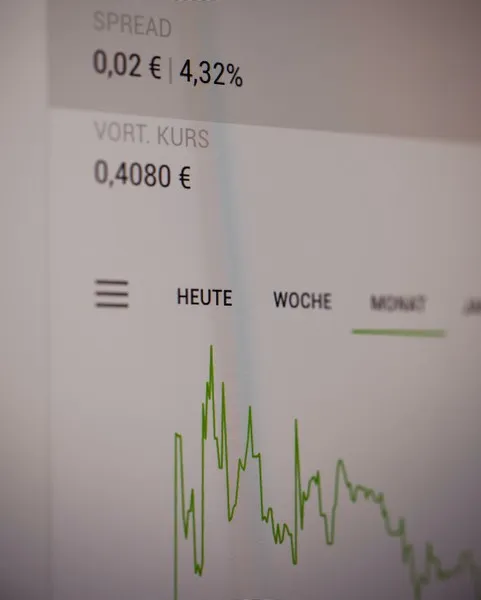Economic dualism is a concept rooted in the structural differentiation within economies, where a developed, modern sector coexists with an underdeveloped, traditional sector. This dualism, which can manifest in various forms including urban-rural divides and formal-informal economic activities, is central to understanding economic disparities and developmental challenges in many societies. This essay explores the origins, characteristics, implications, and sociological perspectives on economic dualism.
Origins and Theoretical Foundations
Economic dualism has its theoretical foundations in the work of early development economists and sociologists who sought to explain the persistent underdevelopment in parts of the world during the mid-20th century. Key among these theorists was Sir Arthur Lewis, whose "dual sector model" laid the groundwork for understanding economic dualism. Lewis posited that economies in developing countries are characterized by a modern industrial sector and a traditional agricultural sector. The modern sector is marked by high productivity and wages, while the traditional sector is characterized by low productivity and subsistence wages.
Lewis's model highlights the transfer of labor from the traditional to the modern sector as a critical driver of









